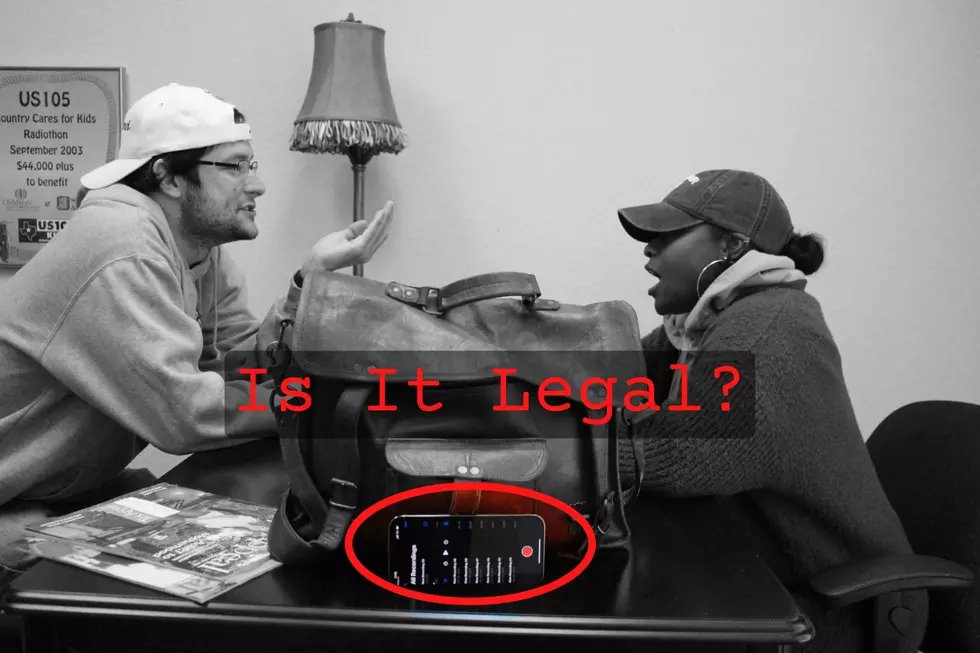
Is It Illegal to Record A Conversation in Texas?
We've all seen videos from Texas. Some even go viral and are spread across the internet. While sometimes the video itself may show a silly event, such as the Texas Bushman on TikTok, other times the video may not be something everyone believes to be good.
With all us having phones that record videos in the age we live in, people can be recorded at any time. Some of us may have even been in the background of a TikTok and not even know it! But there's one other way for people to be recorded, and it's a medium we know all too well.
Is It Illegal to Record Conversations in Texas?
The legality of recording audio of conversations is a question that many might have. They may intend to interview someone, record a simple conversation between friends, or, in some sad cases, try to get dirt on an ex or someone else they intend to use the audio against. But there are legal ramifications to recording someone in audio form without their knowledge or consent.

All across the nation, every state has different laws concerning whether recording a conversation is either legal or illegal. Since we call the Lone Star state home, we'll examine exactly what is allowed in audio recording.
Law In Texas Regarding Audio Recording
The Texas State Law Library has the laws pertained listed on their website. The law, Section 16.02 of the Texas Penal Code, goes into full detail about what is considered legal audio recording. But sometimes legal wording can be a little confusing.
To make it simple, Texas is a one party consent state. That means one party that partakes in the conversation must say they are alright with the recording. Otherwise, if the conversation is recorded without consent when there's a reasonable expectation of privacy, the person recording the conversation could face charges. Furthermore, whatever you record may not be admissible in court. This applies to wire tapping too.
There's another caveat to the recording however. If the party consents, but the recording is used to harm the party that consented, then the recording party could face consequences.
So remember that recording audio sometimes requires consent, and more importantly, don't try to harm anyone with that audio!
Bet You Didn't Know: 10 Bizarre Texas Laws Still on the Books
21 Texas Town Names Outsiders Can't Pronounce
13 Celebrities with Roots in Central Texas
10 Myths About Texas That Even Some Natives Believe
More From KSSM-FM









